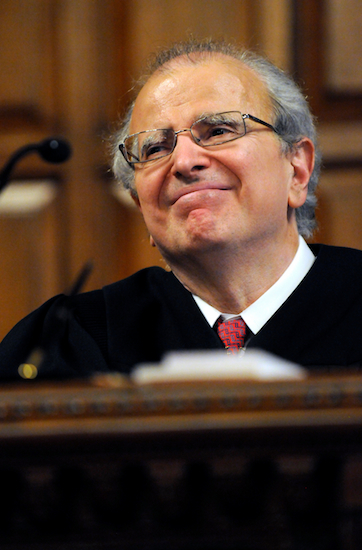Nonresident attorneys required to maintain physical office within state
New York Law on Out-of-State Attorneys to Face Challenge on Constitutional Grounds

In a recent interpretation of a statute governing attorney activity, the New York State Court of Appeals unanimously held that state law requires nonresident attorneys wishing to practice in New York state to maintain an actual office here. The United States Second Circuit Court of Appeals will likely make a ruling on the constitutionality on the office requirement for nonresident New York attorneys.
Earlier this month, New York’s high court issued a decision on the interpretation of Judiciary Law section 470. The law — which the New York Law Journal asserts has remained virtually unchanged since 1909 — allows a nonresident attorney to practice within New York’s courts only if said attorney maintains an “office for the transaction of law business.”
Ekaterina Schoenefeld, a New Jersey-based attorney who also holds a New York license, filed a legal challenge in an upstate federal court, arguing that section 470 was unconstitutional both on its face and as applied to nonresident attorneys by burdening their fundamental right to practice law.

Brooklyn Boro
View MoreNew York City’s most populous borough, Brooklyn, is home to nearly 2.6 million residents. If Brooklyn were an independent city it would be the fourth largest city in the United States. While Brooklyn has become the epitome of ‘cool and hip’ in recent years, for those that were born here, raised families here and improved communities over the years, Brooklyn has never been ‘uncool’.